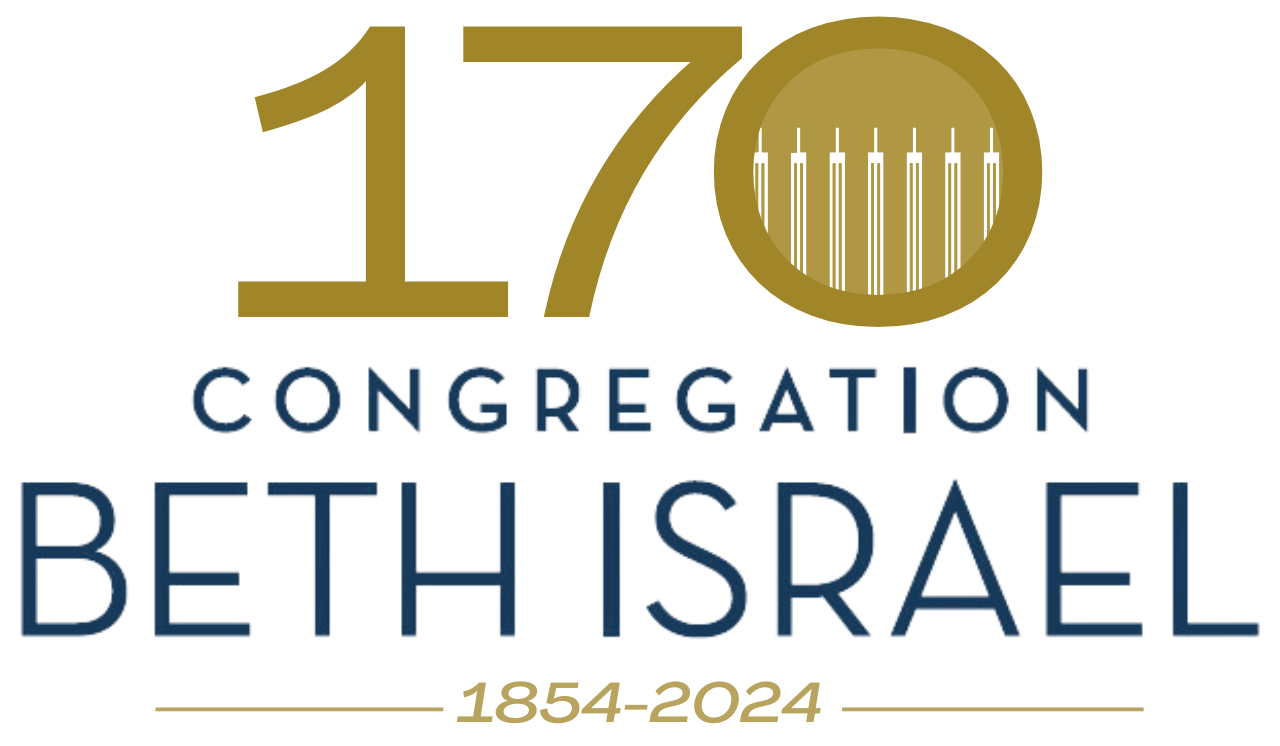Finding Holiness in Uncivil Times
Finding Holiness in Uncivil Times
From the desk of Rabbi David Lyon
The book of Leviticus isn’t generally a favorite book among Bible readers. If it’s any indication, Hollywood hasn’t recreated any of its scenes like it did from Genesis and Exodus. Who can forget movies about Noah’s ark and Moses in Egypt? Seeing them are like rites of passage. But, Leviticus, for all its talk about sacrifices and bodily emissions, doesn’t leave much for the big screen or the little screen. Even so, its timeless and timely verses are perfect for those of us who are searching for Jewish sources of holiness and civility, today.
Leviticus describes how Israelites, in ancient times, used animals and other sacrifices to communicate their needs with God. Every offering, specifically prescribed, communicated appeals for thanksgiving, forgiveness, and atonement, to name just a few. But all this interest in animal sacrifice ended when the Temple in Jerusalem was ultimately destroyed by the Roman legions in 70 CE. In the end, prayer replaced sacrifice, and the rabbinical age took hold. What the Bible couldn’t tell us about sacrifices is expounded on in Talmud and other texts. Prayer saved the relationship between Jews and God by transforming the obsolete institution of the Priests and Levites into one of personal prayer organized as a synagogue (Greek for gathering place) where Jews would pray, learn, and commune.
But I’m afraid there is something more than just animal sacrifices that remains lost forever. In each person’s choice of animals for sacrifice was an intimate concern borne by the individual to bring something pleasing, even savory, to God. The physicality of it made it real without room for imagination. Today, each person utters prayers aloud or silently. The goal is actually the same, namely, that a worshiper would pray with a similar concern to bring a pleasing prayer to God. The difference is that today’s prayer offerings lack physicality. We’ve traded the burden of our hands that held the animal for the duty of the heart that conveys prayer “up” and outward. I’m not suggesting that carrying an animal to the High Priest for sacrifice was more meaningful than bringing one’s prayer directly to God. I wouldn’t have it any other way, and neither would you. But it concerns me that the duty to pray is not felt as heavily in our hearts and souls as it once did in our hands.
Today, we would do well to invite Leviticus to speak to us anew from its ancient origins. After all, there can be heaviness in our hearts and souls, too. What if we were to begin with the truth that sometimes it isn’t easy to find meaning in prayer? Do you think it was always meaningful for ancient Israelites? Candidly, they didn’t wait to bring an offering until they felt ready; they brought their offering because God commanded it. It was a mitzvah, especially on festival holidays. Meaning was deepened through participation with others in the community. They moved in common rhythm, together, and we can, too.
It requires a different kind of effort to pray mindfully. For those who do pray regularly or often, they would likely explain that the rhythm of their prayer grows easier and increases with soulful intention. Prayers of thanksgiving, and prayers for prosperity and peace, are meaningful not simply because we hope that they might work like some magical formula, but because they move us with hopefulness towards our objectives.
Shabbat is our most familiar time for worship, though daily prayer is also customary. We do it with offerings of prayer in our house of worship. We do it through Sabbath rituals at home with candles, wine, and challah. We express gratitude to our families for the blessings they are to us. In these days, whatever you bring and wherever you bring it, on Shabbat or another day, strive to make it your best offering. Make your prayers a reflection of the duty you feel in your heart. In English or Hebrew, in song, poetry, or prose, there is nothing better than what is in your heart and what you wish to share with God, alone. I join you in that effort. I pray, personally, too. I also enjoy our weekly Sabbath services where song, poetry, prose, and community make Friday night and Saturday morning more than days of the week; they are our appointed times to bring our best offering to God.
Hollywood won’t likely make a movie about sacrificial offerings or bodily emissions, but they have already made thousands of movies about Leviticus’s other themes about sacred times and spaces. Movies about love and partnership, hope amid misery, and silver linings in dark times suggest to me that Jews in Hollywood aren’t the only ones reading Leviticus. The script for prayer is in our prayerbooks, but the best prayers between God and us begin in our hearts.
L’Shalom,
![]()
